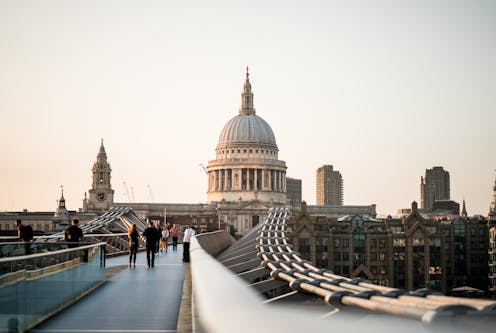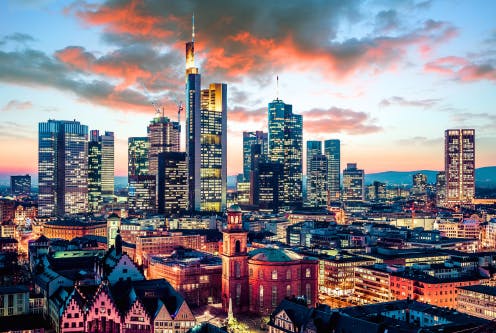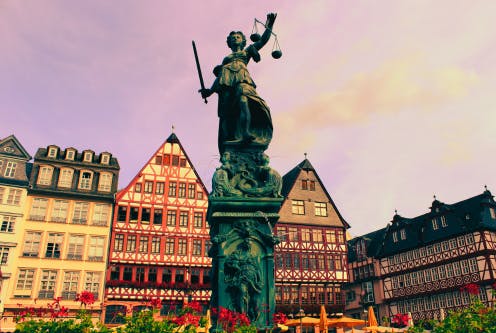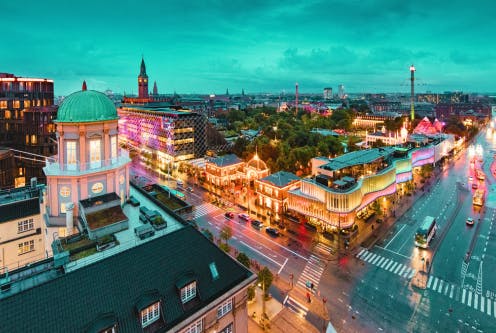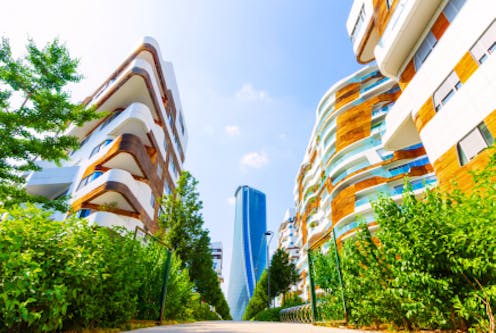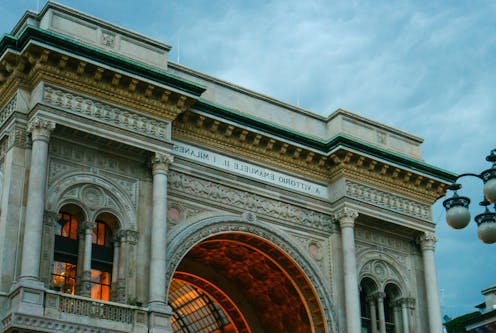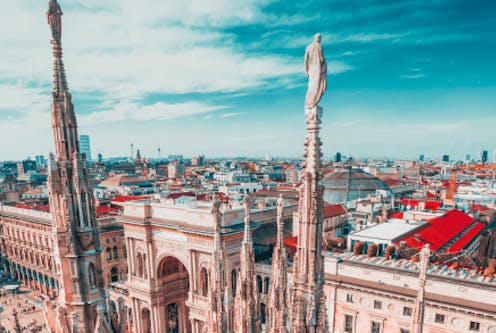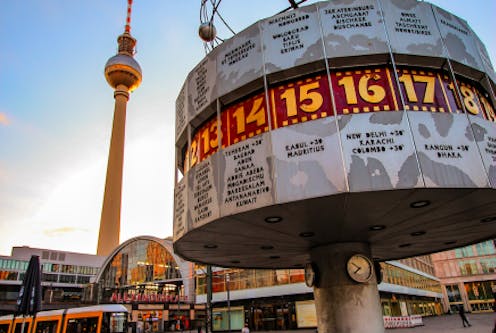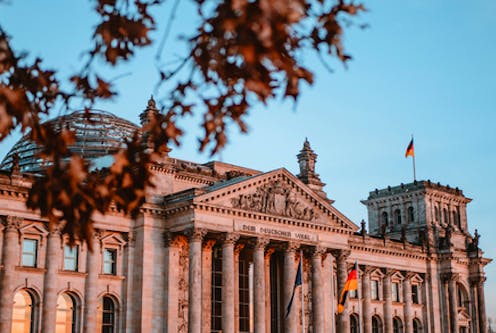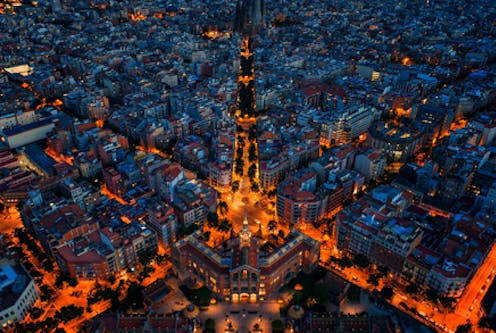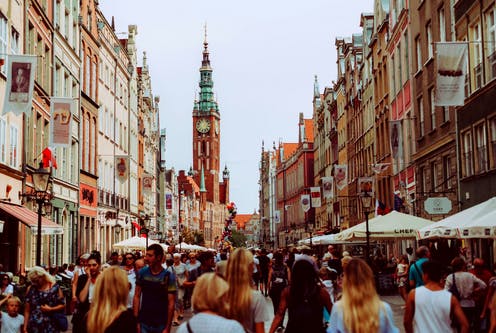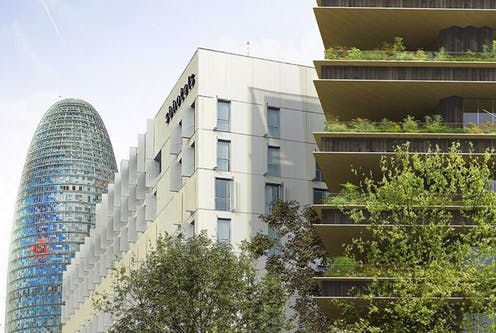Bathing and gambling might be an unusual combination but it’s one that Wiesbaden pulls off in style. Bathing in the city’s thermal springs and spa has been popular since the Roman times. Famous past visitors to “take the waters” include Johann Wolfgang von Goethe, Richard Wagner, and Johannes Brahms, as well as various royal families.
The spa house, or Kurhaus, also houses the city’s casino, attracting many to try out their luck after a bathing session, including numerous musicians, poets, and authors. Fyodor Dostoevsky famously gambled away all of his belongings here in 1865, prompting him to write the literary classic “The Gambler.”
In the 19th century, Wiesbaden developed such worldwide renown that a larger, more impressive spa house had to be built. At Kaiser Wilhelm II’s request, the neoclassical Kurhaus was built between 1904 and 1907. Nowadays, visitors to Wiesbaden can appreciate the building’s Belle Epoque style, including its splendid crystal chandeliers, before heading downstairs to try out the casino’s 130 different slot machines. Alternatively, they can partake in a game of roulette (the casino offers the highest roulette stakes in Germany) – hopefully managing not to lose everything on a single spin of the wheel like Dostoevsky.
Relaxed alternative to Frankfurt
Whether you’re into bathing, gambling or neither, Wiesbaden certainly is relaxing. The city’s easy-going ambience is quickly making Wiesbaden a quieter, calmer alternative to its larger neighbour, Frankfurt - Germany’s financial hub. With just 291,068 inhabitants, it’s enticingly small. In 2020, Wiesbaden was ranked the best small city in Germany in Monocle’s Small Cities Index, describing Wiesbaden as “rich in culture and laidback in lifestyle”.
In fact, out of a list of 119 European cities, Wiesbaden is one of the 15 that PATRIZIA selected to highlight in its European Living Cities Index. “We ranked Wiesbaden as one of the top five movers in terms of attractiveness, rising 17 places in the ranking between 2017 and 2020,” says Martin Odenwald, Asset Management at PATRIZIA. “It’s a small city that is big on quality of life, with numerous leading international companies and a vibrant economy.”
Wiesbaden literally means “meadow baths” and the city is packed with green areas and parks, including an English-style landscaped garden, the Kurpark. There’s plenty of green outside of the city too: Wiesbaden is surrounded by the vineyards of the Rheingau area, situated at the foot of the Taunus mountains, and next to the river Rhine. Wiesbaden and Mainz, on the other side of the Rhine, share a friendly rivalry, with citizens of both cities jokingly talking about the other ones as living “on the wrong side of the river”.
Wiesbaden is also a cultural centre. Take its annual Rheingau musical festival for example, one of the largest in Europe, featuring over 150 concerts. Or the Hessian State Theatre – one of the most successful German language theatres.
Those taking a tour through the city centre can taste the thermal water from the hot springs, view the grandeur of the city’s villas, or gaze at Wiesbaden’s architectural splendours. Tourists can see the Kurhaus foyer, the former city palace of the dukes of Nassau – today the seat of the Hessian state parliament before stopping and looking up at the Market Church, Wiesbaden’s tallest structure.




